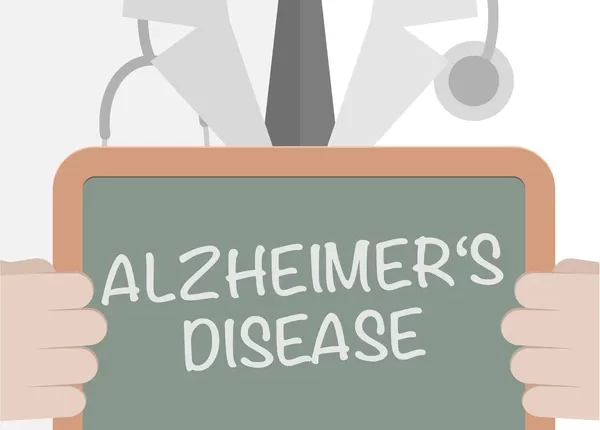Novel Exosome-Based Drug Delivery System Shows Promise for Alzheimer’s Disease Treatment – Professor Li Min and Dr. Ashok Iyaswamy of Hong Kong Baptist University (HKBU) have developed a novel exosome-based drug delivery system to treat Alzheimer’s disease (AD). This new system utilizes exosomes, naturally occurring nanocarriers, to deliver the bioactive compound Corynoxine-B extracted from the Chinese herb Gouteng to the brain.
Previous research has shown that Corynoxine-B can induce autophagy, a process that removes damaged cells and proteins, and thereby improve cognitive function and movement in AD models. However, the blood-brain barrier, which protects the brain from potentially harmful substances, hinders its delivery.
To overcome this challenge, the HKBU researchers engineered exosomes to express Fe65, a protein involved in the processing of amyloid-beta precursor protein, a key player in AD progression. This modification enhanced the ability of exosomes to target and interact with neuronal cells affected by AD.
The researchers then loaded Corynoxine-B into these engineered exosomes and injected them into AD mice models. Their results showed that:
- Engineered exosomes loaded with Corynoxine-B significantly increased autophagy in the brain.
- The exosomes effectively crossed the blood-brain barrier and delivered Corynoxine-B to the brain, leading to a 30% reduction in accumulated amyloid-beta protein.
- Behavioral tests revealed that the exosome-based therapy resulted in a 25% recovery of cognitive and locomotor function in the AD mice.
These findings suggest that exosomes could be a promising new approach for delivering drugs to the brain and treating AD. The researchers believe that their work provides hope for the development of effective AD treatments in the future.
Key takeaways:
- HKBU researchers have developed a novel exosome-based drug delivery system for AD.
- The system utilizes engineered exosomes to deliver the bioactive compound Corynoxine-B to the brain.
- Corynoxine-B induces autophagy, improves cognitive function, and reduces amyloid-beta accumulation.
- This study paves the way for new therapeutic strategies for AD treatment.
Potential impact and future directions of the research

The success of the HKBU research holds great promise for the development of novel AD treatments. The exosome-based drug delivery system offers several potential advantages over conventional methods:
- Targeted delivery: Engineered exosomes can specifically target and interact with AD-affected neurons, minimizing off-target effects and improving drug efficacy.
- Blood-brain barrier penetration: The natural ability of exosomes to cross the blood-brain barrier allows for efficient delivery of therapeutic molecules to the brain.
- Biocompatibility and safety: Exosomes are naturally produced by cells and are considered safe for therapeutic applications.
- Multifunctional potential: Exosomes can be loaded with various therapeutic agents, including drugs, genes, and small interfering RNAs, making them versatile platforms for treating different aspects of AD.
While the current research has shown promising results in animal models, further research is necessary before this therapy can be translated to clinical practice. Some key areas for future investigation include:
- Optimizing the exosome engineering process: This includes identifying the most effective methods for loading drugs into exosomes and enhancing their targeting capabilities.
- Scaling up exosome production: Developing efficient and cost-effective methods for producing large quantities of exosomes for clinical use is crucial.
- Conducting clinical trials: Extensive pre-clinical and clinical trials are essential to assess the safety and efficacy of exosome-based therapy in human patients.
- Exploring combination therapies: Combining exosome-based therapy with other treatments, such as anti-amyloid antibodies or cognitive enhancers, could potentially offer synergistic effects and improve therapeutic outcomes.
Overall, the HKBU research represents a significant step forward in the development of new therapeutic options for AD. By leveraging the unique properties of exosomes, this novel drug delivery system has the potential to revolutionize the treatment of this devastating disease and improve the lives of millions of patients worldwide.
Continue to check our website soundhealthandlastingwealth.com for more articles of this kind. And, please use our comment section as well, we would love to hear from you.










